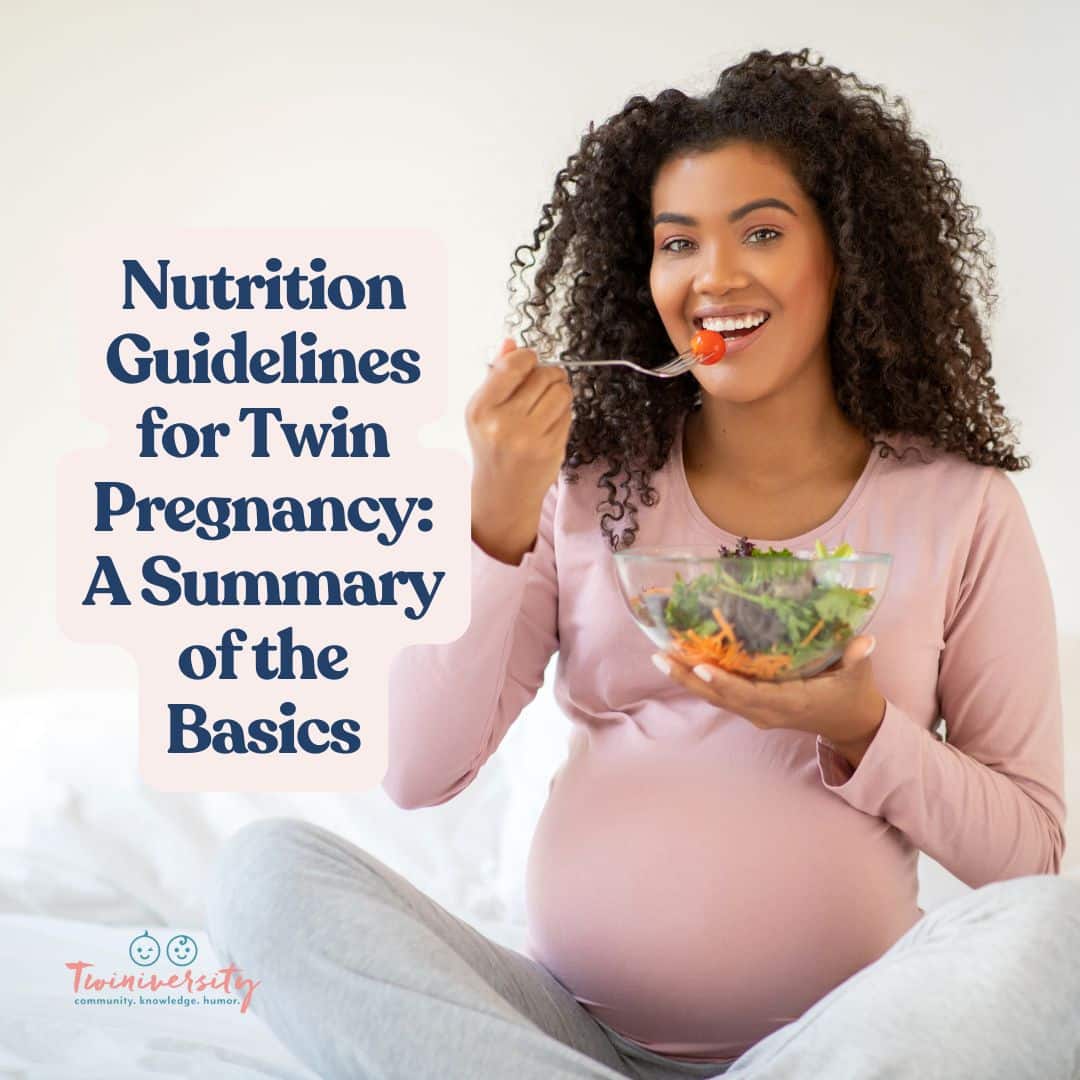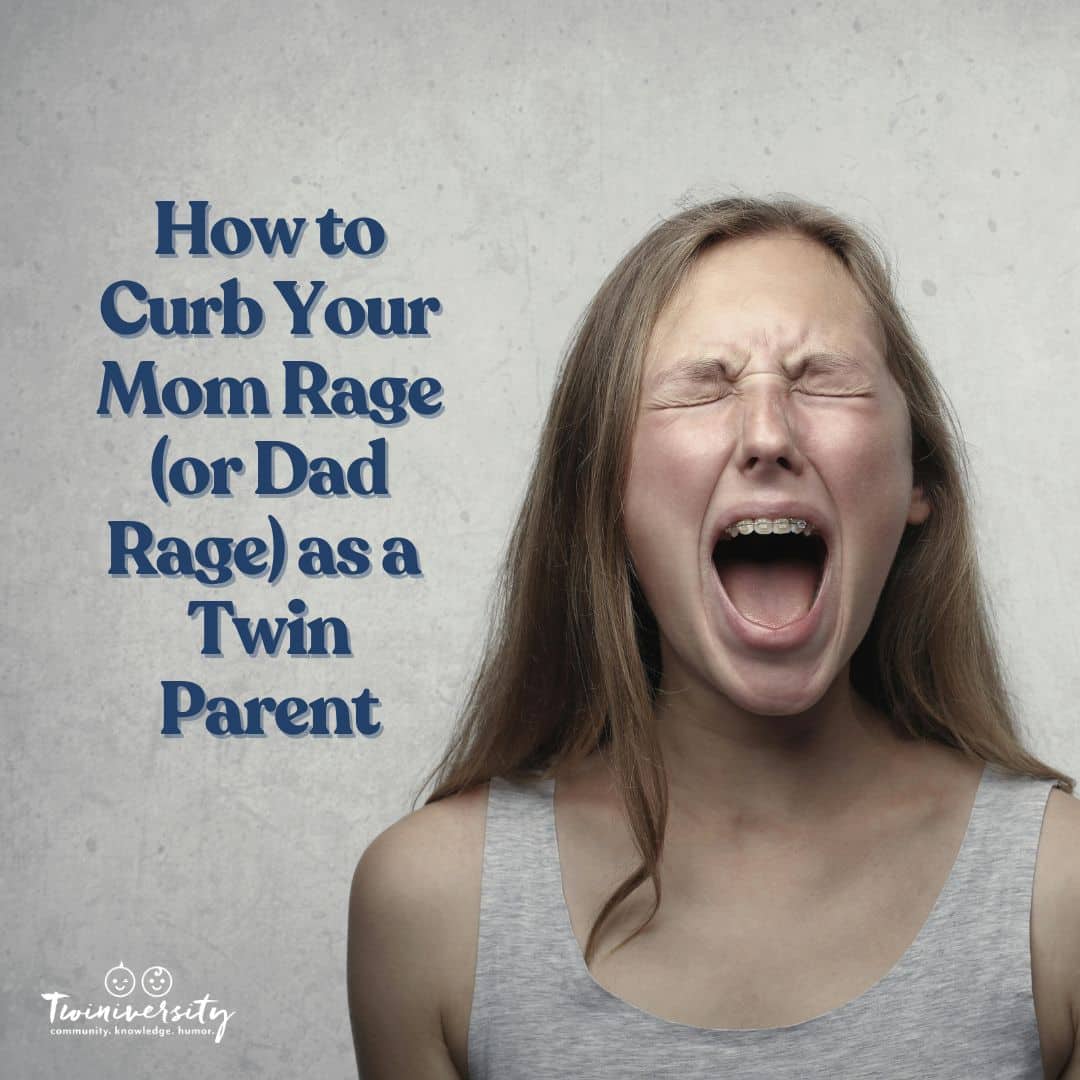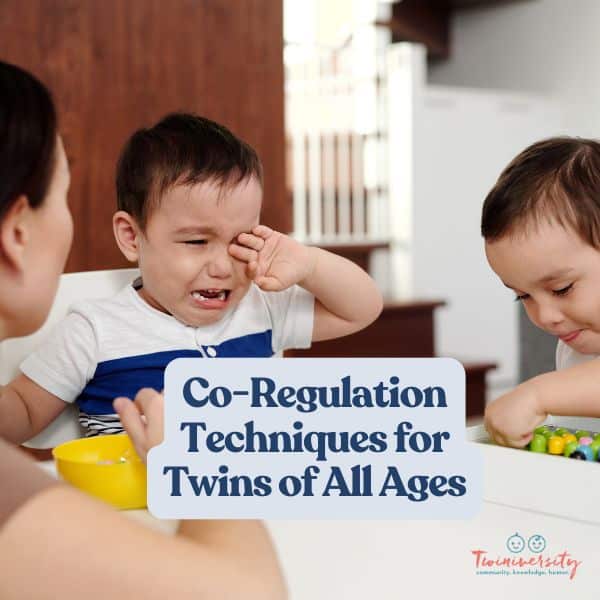Last updated on October 31st, 2023 at 10:26 pm

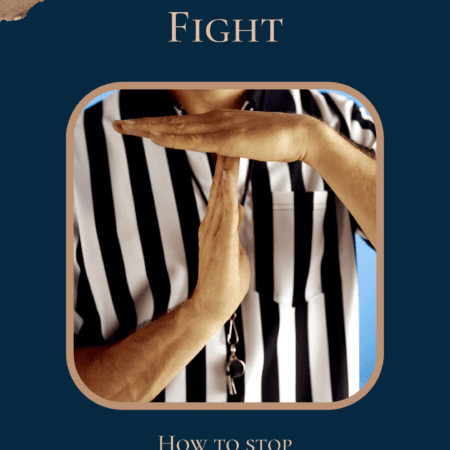

“Siblings that say they never fight are most definitely hiding something,” author Lemony Snicket wrote in Horseradish: Bitter Truths You Can’t Avoid. History suggests that his assessment is spot-on. Sibling rivalry has seemingly followed humanity since its earliest days, and twin siblings are certainly no exception. Although the majority of twins have never known a life without one another, they are still siblings who share parents, a roof, and a dining room table. The fact is that twins fight, bicker, and perhaps even dislike each other. The exceptional bond between twins can still have cracks and holes that are hard to fill.
It can be a bummer for parents to find their twins fighting every time they turn around. These hostile conflicts may leave parents wondering what happened to the “built-in best friends” they expected to nurture back when they were expecting twins. However, bad blood between twins is nothing new, and it does not have to last forever.

Need some twin parent friends? Get the support you need with a Twiniversity Membership. Benefits include a monthly twin parent club meeting on Zoom, access to a private Facebook group just for twin parents, and a video library of twin parenting lessons. Visit Twiniversity.com/membership to join today!
Is It Normal for Twins to Fight?
The comparisons can begin from the moment two beating hearts appear on an ultrasound. Which baby is bigger? Who cries more? Which baby eats more? Which baby smiled first? How will people tell them apart? An identical twin’s earliest recognizable identity can come in the form of a birthmark, a cowlick, or the color of booties she is wearing. When two individuals constantly seem to be pitted against one another, it makes sense that some bitterness may materialize from a young age.
It’s no wonder twin fighting is such a commonly discussed topic in twin mom groups. It starts with babies or even toddler twins and can carry on well into the teen years. Go ahead and get back to us when you have 14-year-old twins. You’ll see.
“Disagreements between your twins are inevitable,” explains twin mom and pediatrician Dr. Shelly Vaziri Flais, MD, FAAP, in her book Raising Twins: Parenting Multiples from Pregnancy Through the School Years. Twins are capable of having different thoughts and opinions, despite frequently being exposed to the same sounds, visualizations, and subject matter. They will have different likes, dislikes, and preferences.
According to therapist Lauren Johnson, MS, LPC, fights between siblings are normal parts of development and learning. Communication is key to handling conflict, and younger children likely have not mastered that skill set. At that point in their lives, the fighting is more observable in their behaviors. Whether it’s a pair of three-year-old twins fighting over who gets to sit in the singular shopping cart seat or two teenagers finding themselves opponents in a sticky friendship situation, twin tussles are positively predictable.
Twin mom and school counselor Susan Custer, M.Ed., NCC, put it succinctly: “Siblings fight. [Twins] have been together since conception. It would be odd if they didn’t.”

Why Can Twins Be So Mean to Each Other?
There is plenty of science behind sibling squabbles. Family dynamics, environmental factors, and the individual characteristics of each twin can all play roles in how they ultimately treat each other. According to an article published by Nemours Children’s Health in Delaware, differing personalities among siblings can significantly affect their relationships. Maybe one twin has a dominant personality, and his easy-going brother takes offense to being bossed around. Perhaps a reserved twin has trouble relating to her over-the-top sister. This is bound to cause twin fighting to rear its ugly head in your home.
Twin animosity can even occur when the siblings become too attached. Psychotherapist Vivienne Lewin, MSc., who specializes in twin therapy, suggests that “twin relationships have a narcissistic core, created in the closeness of the twinship.” This can lead to hostility between the siblings, and even a yearning for disassociation. Lewin’s vast knowledge and experience in twin therapy has revealed to her that twins can become so wrapped up in their relationship that it becomes their shared identity, making it even harder to discover themselves as individuals.
Perhaps the best way to comprehend why twins can be mean to each other is to lower our expectations. In her book, The Same But Different: How Twins Can Live, Love, and Learn to be Individuals, twin expert, and psychologist Dr. Joan Friedman, Ph.D. describes the “twin mystique.” Friedman explains that this occurrence stems from outsiders’ perceptions that all twins have a “magical” or inseparable connection. When twins are seemingly always expected to be the best of friends, it can be hard to envision the opposite scenario.
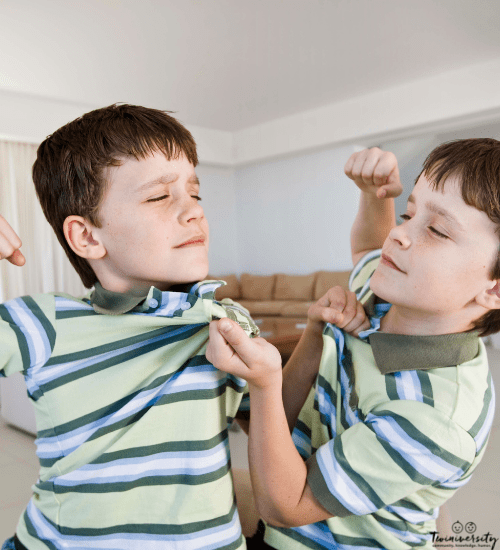
How Do You Resolve Conflict When Twins Fight?
Fostering individuality in twins is key. “I would imagine part of being a twin is that they want to find their independence and personal identity without always being associated with another person,” says Johnson. “Allowing space apart and time to develop their own identity, as well as their own attachments with their parents, could be a long-term tactic in overall conflict resolution, and hopefully a closer relationship between the siblings.”
Friedman expresses in her book that parents need to allow twins to confide in them separately and to expect that there will be difficult phases in their relationship. Although twins are born with a deep-rooted connection, they are two different people. They have their own strengths, weaknesses, and desires. One-on-one communication between twin parents and each individual child is crucial.
“Feelings are hurt more deeply when a stronger connection exists,” explains Flais, As hard as it can be for parents to witness fights between twins, it can be even harder on the twins themselves. Coming up with systems and expectations that require twins to compromise can help them learn to work things out with each other when future conflicts arise.
How Can I Prevent Toddler Twins From Fighting?
Distraction will be your best friend when it comes to preventing your twins from fighting, especially in those early toddler years. Distraction is by far one of our favorite parenting tips when it comes to preventing fights.
You might think that giving each twin the exact same thing is the way to go. For some twins that is a life-saver. For others, it helps to have one child go to a different room and do something different when a fight is around the corner.
Of course, that’s not always possible. Sometimes, your kids just have to learn to get along. It can help if you can make twins share, even their favorite toy from time to time. And, praise good behavior and address bad behavior before it escalates.

Want to be the first to know about giveaways, deals, and more just for twin parents? Sign up for the Twiniversity email list! Subscribe today to get emails about giveaways, events, weekly article roundups, and more! Pregnant with twins? We’ll be sending you a weekly twin pregnancy email to keep you on track with your pregnancy to-do list! Click here to learn more… and while you’re at it, check out our Complete Baby Safety Course and Twin Parent Memberships.
Do Fraternal Twins Fight More Than Identical Twins?
In our experience, twin zygosity makes no difference when it comes to fighting between twins and sibling rivalry. Twin boys, twin girls, one boy, and one girl; none of it seems to matter. There will be fighting between twins like any other siblings, at some time or another. It should be expected as a twin parent.
That’s not to say you just have to accept that it’s doom and gloom. It’s not. Raising twins, like any other raising any other kids, will have ups and downs. Do the best you can to foster loving moments and spend quality time together.
Are You a New Twin Parent?
Check out Natalie Diaz’s book:
“What To Do When You’re Having Two
The Twin Survival Guide From Pregnancy Through the First Year”
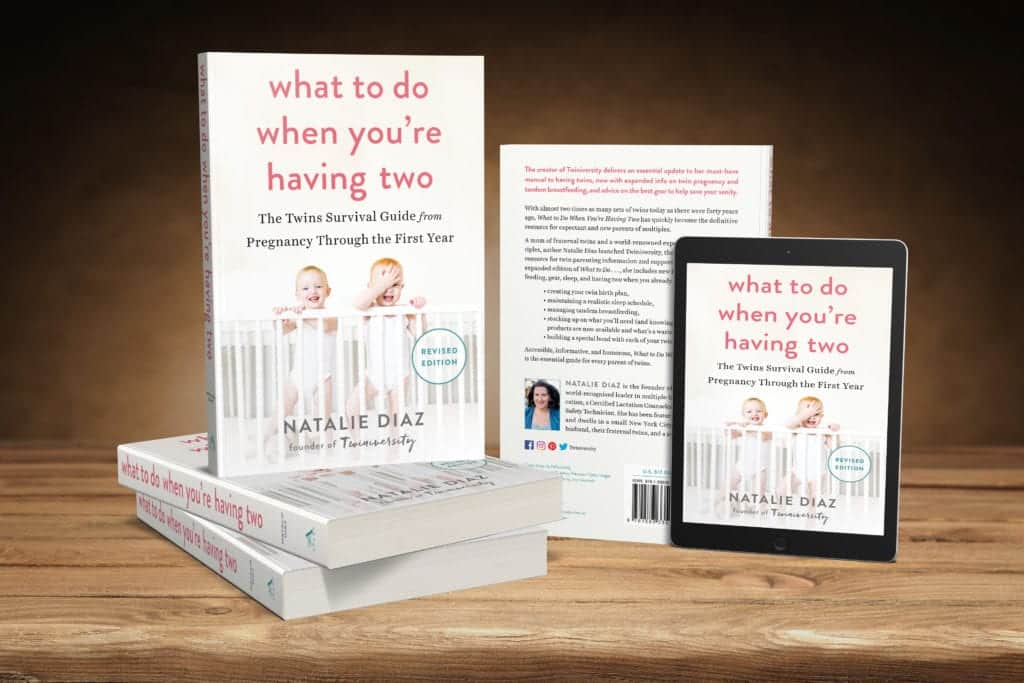
In What to Do When You’re Having Two: The Twins Survival Guide from Pregnancy Through the First Year, national twins guru and founder of Twiniversity (and twin mom herself!) Natalie Diaz provides a no-holds-barred resource about life with twins, from pregnancy and birth all the way through your duo’s first year of life.
Accessible and informative, What to Do When You’re Having Two
is the must-have manual for all parents of twins.
How Do You Get Twins to Like Each Other?
Making an effort to treat twins as individuals can pay dividends as they grow and form relationships with other people. Communicating with each twin one-on-one can help parents discover their distinct needs and desires. Encouraging each twin to support and cheer for one another instead of comparing successes and failures can strengthen their bond in the end.
Some twins may not enjoy sharing every experience together, but there will be times when twin teamwork may be beneficial in developing and sustaining their relationship. Custer acknowledged that her twins’ differences helped them to work better together during challenging times for their family.
“Putting a great focus on the need to work together and knowing that when push [came] to shove, I expected them to love, respect and appreciate one another, without question, created such a positive, strong bond,” says Custer. “Maybe this was because they both brought different skill sets to the table, which [made] their coming together more powerful.”
When faced with troubles when twins fight, it is also important to remember that no two families are alike. There is no one definite way to resolve problems with twins or any other family members.
“Follow your instincts with love and fairness, and you’ll make the right decision for your family,” writes Flais.

Remain Neutral When Twins Fight
It can be hard to remain neutral. Remember, when it comes to parenting twins who fight, you are a referee, not a cheerleader. Do everything you can to remain neutral and avoid showing any favoritism. Twins fighting will never cease simply because you say Twin B is at fault.
Let’s be real, many parents recognize that they have one twin who is a bit more outspoken or one twin who is exceptionally stubborn. Try not to point that out in the heat of the fight. It may backfire and make that twin defensive, making them dig their heels in, so to speak. The other twin may also gloat, making matters even worse.
Spend some one on one time with each twin. It can make a huge difference in how they interact with each other. Maybe when fights begin or when you know they are headed down that path, you ask for suggestions to spend time with them separately. It might stop your twins fighting in its tracks. This will work for toddler twins as well as older twins.
Twin parents, take heart: it is possible to make it through the days when giggles and hugs take a backseat to sobs, screams, and bite marks. Understanding the fundamental nature of the twin relationship is just the beginning. It can be the starting point on a path for parents to help their twins learn to like (and even love) each other.

Leanne Hudak is mom to a terrific trio – a 7-year-old son and 3-year-old identical twin daughters. When she’s not writing Twiniversity articles or living the #momlife, you can find her working full-time in the marketing world, attempting to make it through Peloton classes, and fangirling over musicians old enough to be her grandparents. She lives near Pittsburgh, PA with her husband and children


